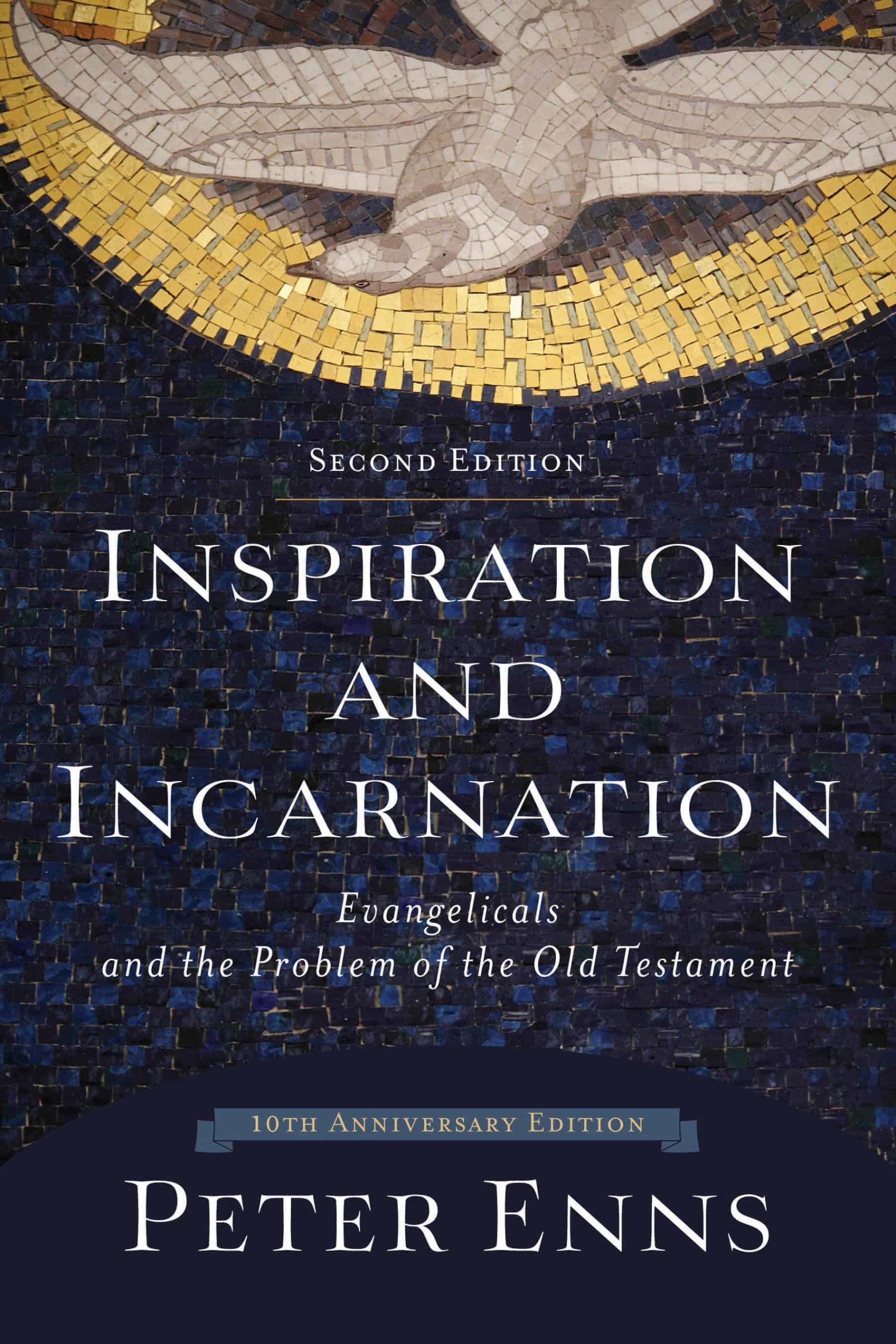 Yesterday Rachel continued her discussion of my book, Inspiration and Incarnation: Evangelicals and the Problem of the Old Testament
Yesterday Rachel continued her discussion of my book, Inspiration and Incarnation: Evangelicals and the Problem of the Old Testament (Baker, 2005). Here she focuses on chapter 3, “The Old Testament and Theological Diversity.”
Rachel has done a great job getting to the heart of my book, understanding it, and explaining it to others. If you want a good, quick, overview of the book, Rachel’s reviews are a great place to start.
The main thing I am trying to get across in this chapter is that there are diverse theological voices in the Bible, and nothing is gained by trying to minimize this fact.
If you believe God inspired the Bible, you really need to conclude that God likes these diverse voice to be there. (John Franke makes a similar point in his Manifold Witness: The Plurality of Truth.)
Too many, it seems to me, come at it from exactly the opposite direction. They judge the Bible on the basis of how they think God–who is assumed to speak not in “diverse voices” but one voice–should have inspired the BIble and then spend a lot of energy finding ways to make the data fit the theory.
basis of how they think God–who is assumed to speak not in “diverse voices” but one voice–should have inspired the BIble and then spend a lot of energy finding ways to make the data fit the theory.
The diverse voices of the Bible are not simply different; they can also challenge each other. Books like Job and Ecclesiastes, among others, are what Walter Brueggemann, in his Theology Of The Old Testament: Testimony, Dispute, Advocacy, calls Israel’s “countertestimony” to challenge
 Israel’s “core testimony.” (In my Ecclesiastes commentary
Israel’s “core testimony.” (In my Ecclesiastes commentary, I use the term “counter voice” but I mean the same thing.)
These diverse voices reflect the diverse times, places, and circumstances of the writers. What we see in the Bible, then, is not a book that asks us to look past the diversity as an obstacle in order to allow the unity to shine forth. Rather, its diverse voices must be respected and valued, for they all have something to teach us in our own diverse times, places, and circumstances.
Rachel’s review covers more of the chapter, and I invite you to read what she has to say.

